Share on:
On the Frontlines of the Misinfodemic
When Dr Amy Khor, Senior Minister of State in the Ministry of Health and Ministry of the Environment and Water Resources, posted on Facebook about cooking at home during the circuit breaker measures, little did she know that netizens would immediately draw attention to several trays of eggs stacked behind her in the very corner of the photo. Without knowing the full picture, netizens then shamed her for panic-buying and hoarding.
In fact, in a post by Dr Khor explaining the situation, the eggs were a gift from a friend who owned a farm, and she also had a large family.

Photo Courtesy of Mothership.sg
Public-shaming and panic-buying have so far been the worst consequences Singapore has seen as a result of fake news. However, the situation abroad has been much more severe: in Iran, almost 300 people died from drinking methanol after claims circulated online that it could treat or ward off COVID-19.
Measures exist to prevent this likelihood from occurring, but they can only do so much, and it is up to citizens to overcome their indifference towards the issue and start correcting instead of sharing misinformation.
Dr Carol Soon, the Vice-Chairperson of the Media Literacy Council, said, “When [people] have information gaps... they become more susceptible to false information because it appears to fill the information gap even though it is filling the gap with incorrect information.”
The Protection from Online Falsehoods and Manipulation Act (POFMA) is a widely known restriction used by the government to handle misinformation posted and shared online. However, it does have its limitations.
“Policymakers, as well as academics and other experts, have noted that POFMA can only do so much.” Dr Soon said. “It can never have 100% effectiveness simply because of the sheer volume of falsehoods that are being shared on different platforms. We have to be responsible for the kind of information that we choose to believe, and more importantly, the kind of information we choose to share.”
The misinformation spread in January and February of 2020 led to people panic-buying, which depleted supermarkets before the sudden demand could be accounted for. Because of various myths shared, people have tried out different practices in an attempt to protect themselves from the virus.
Heather Tian, 16, recalls an instance when she was sent fake news by her grandparents: “My grandmother watched a video shared by her friends that claimed that ginger protected people from the virus.” Heather added “I didn’t correct her because she can be stubborn. So I just ate it so that she wouldn’t get upset.”
What Now?

Photo Courtesy of Unsplash
The effect of fake news increases as more people are exposed to it. With the previously mentioned effects of widespread fake news, it is important that individuals take responsibility when it comes to consuming media online, especially when dealing with information claiming to be factual.
Dr Soon said, “[It is] important for children and teenagers, who will have the benefit of learning some of these things in school, to share more with your family; if it's your uncle, auntie, parents or grandparents encountering a specific piece of information, do not just keep quiet but speak up. The more people step up, the more it will help with increasing awareness.”
Fact-checking is now made easier with the set up of various online governmental resources for the public to use. This includes a real-time updated website under the Ministry of Health clarifying all of the misinformation regarding COVID-19 and the articles published under various governmental websites like gov.sg, warning us about the dangers of fake news.
As individuals of an online community, everyone is equally responsible when it comes to encountering fake news. Choosing to actively fact-check and deciding not to spread it are just a few ways to do one’s part in cutting short the reach of fake news. If one is unsure of the accuracy of a piece of information, he or she can either look it up online or write in to askST to clarify.
Most importantly, after identifying the falsehood, one should correct the person who shared it, even if those people are close family or friends. Doing so will help stop the spread of misinformation, and every little effort counts.
Dr Soon said, “We are in the first line of defence as members of the public, as citizens of the online space and also as avid information consumers.”
Take a look at our handy infographic below to know
what to do when you receive a piece of news.

.png)